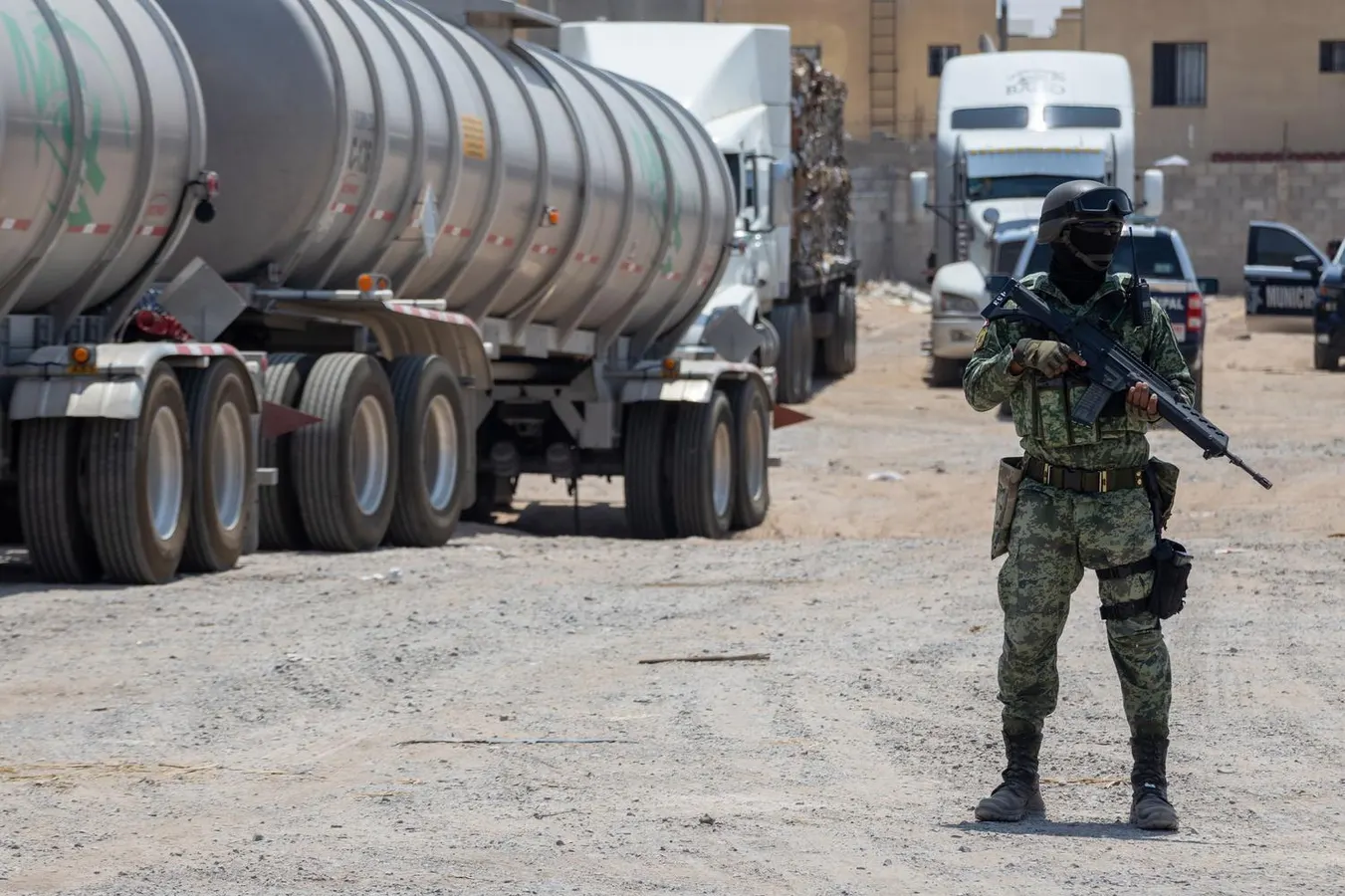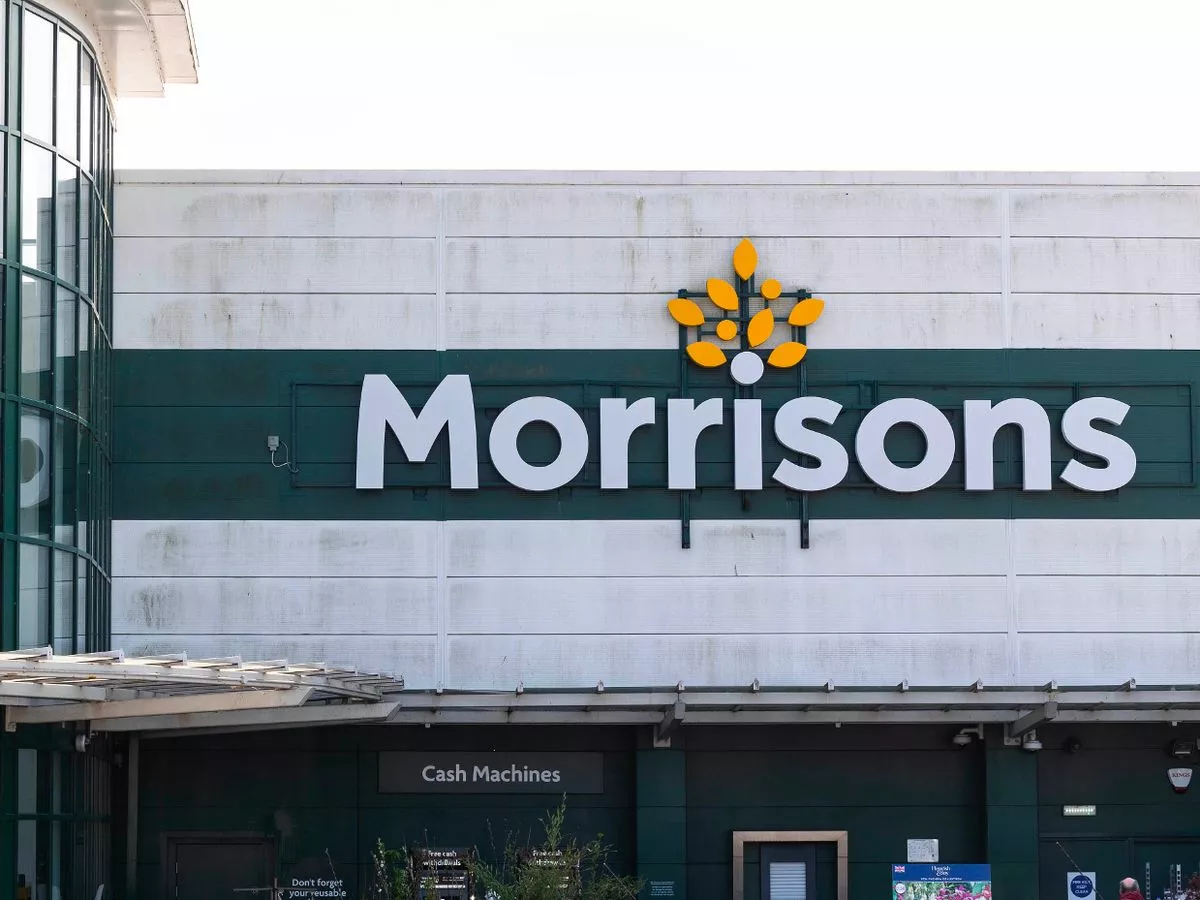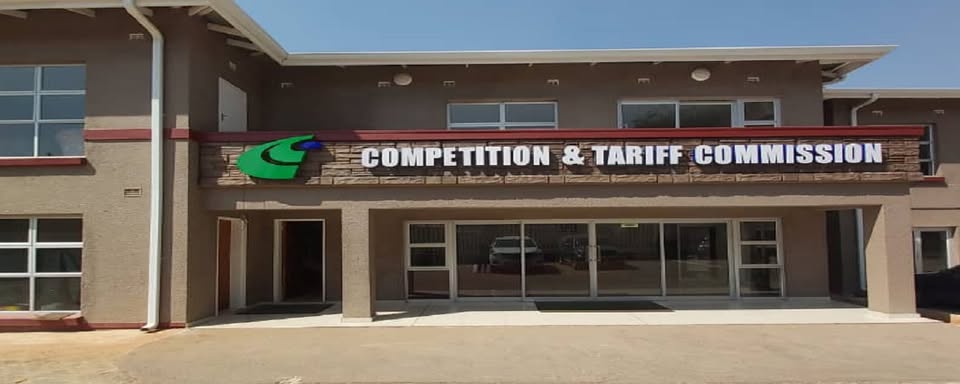Copyright forbes

Members of the National Guard and the Army in Ciudad Juarez, Chihuahua. (Photo by David Peinado/NurPhoto via Getty Images) NurPhoto via Getty Images Cargo truck hijacking is causing big headaches for foreign executives in Mexico. Organized crime-affiliated gunmen are attacking trucks and stealing cargo on Mexico’s highways. Thieves are hijacking over 20,000 trucks every year, more than 50 every day. Many cities in Mexico are experiencing a boom in new industrial investment right now. But, foreign executives managing new facilities and operations in Mexico are discovering that Mexico presents some unique challenges when it comes to dealing with organized crime. According to the Global Organized Crime Index, Mexico is ranked as the world’s third worst country in terms of organized crime. Many remote stretches of highway in Mexico have become major hotspots for violent cargo robberies. Mexico is now considered to be the worst hotspot in the world for cargo truck hijacking with over 100,000 violent in-transit robberies occurring over the last five years. These incidents have resulted in billions of dollars of losses over the last decade. Companies including GM, Coca-Cola, Wal-Mart, Amazon, and Philip Morris have all been affected. During a recent podcast conversation Bloomberg journalist Maya Averbuch, who recently wrote an in-depth article on the topic, explained “you have theft of electronics, sneakers, tequila, medicine, phones, all kind of things that can end up on the black market.” MORE FOR YOU “It’s very risky to be working on the highways. There are companies that accept that a certain portion of their cargo will be lost or stolen in transit if they are going to operate in Mexico,” she added. In 2024 and 2025 there have been multiple documented cases where truck drivers and security guards have been killed during robberies. In one recent incident, a driver moving a load of cigarettes was shot and killed on a highway near Mexico City. “This [hijacking problem] is affecting all kinds of companies in central Mexico in areas around Mexico City. Mexico City is this hub of commerce. There are so many highways. It has become a really risky area,” Averbuch explained. It’s important that foreign executives doing due diligence on potential investment projects in Mexico pay attention to the fact that hijacking hotspots including Mexico State, Puebla, Jalisco, and Guanajuato are all major manufacturing hubs. According to logistics security advisory firm Overhaul, during the first half of 2025 Puebla and Mexico State were the two most dangerous states in Mexico (for cargo truck hijacking) with the two states accounting for nearly half of all reported incidents in the country. There are a few theories on why this problem is so concentrated in central Mexico and relatively rare in the border zone. It could be that splintering criminal groups in Mexico State and Puebla are diversifying into new rackets. In central Mexico, independent gunmen and gangs may be embracing hijacking as their primary economic activity. But it’s important to remember that in industrial border states such as Baja California, Chihuahua and Nuevo Leon criminal groups control lucrative cross-border smuggling routes and may not want to attract additional attention to their presence. Overall, one of the biggest problems is how little we know about all of these groups. There are serious problems with Mexico’s judicial system and in general Mexico is known for struggling with high levels of impunity. One of the most pressing issues in Mexico is how few robberies and murders ever get solved. We do see police recovering stolen trucks and sometimes arresting small cells of hijackers but overall, almost all of the incidents where drivers are kidnapped or killed go unsolved. Overall, one recent report from Mexico Evalua found that 94% of all crimes in Mexico go unsolved. Mexico’s President Claudia Sheinbaum has promised to work to boost police investigations into hijacking networks and improve highway security. But, for now, many foreign executives have had to accept that highway robbery is an ongoing and pervasive operational risk in many areas of central Mexico. “Companies that have existed here for a long time know it’s a part of doing business,” Averbuch said. Eduardo Guerrero, an organized crime expert from Lantia Consulting, recently said that he thinks it’s too early to give Mexico’s President Sheinbaum a grade for her strategy for confronting the issue of cargo truck hijacking. Guerrero said that although Sheinbaum initially promised to use the National Guard to improve highway security and to fight hijacking through police intelligence and investigations, she has really been forced to devote all of her attention to other problems, such as the extreme violence in Sinaloa and the pressure from the Trump administration. Guerrero said that right now she deserves a grade of “incomplete” because she has not yet really developed and launched a policy initiative for dealing with hijacking. So, right now it seems like this issue of hijacking isn’t a top priority for Mexico’s government. In the short and medium term there are three main things foreign executives can do to mitigate the risk of hijacking in Mexico: they can invest in research, technology, and insurance. Investing in research means analyzing the hijacking issue in any type of pre-investment political risk analysis regarding site selection. Executives can also do due diligence on prospective logistics partners and make sure they only work with vetted partners. They can invest in technological solutions such as GPS trackers on vehicles and trailers, and monitoring services that track shipments in real time. They can also take simple steps such as avoiding painting company logos on the outside of their trucks. They can also hire security guards if necessary. Finally—companies can purchase insurance to protect their goods. I think this is the simplest solution and it also highlights the fact that in spite of the problems with roadway security, Mexico is still open for business. There are still companies out there that insure cargo loss from robberies in Mexico. Executives managing manufacturing and logistics operations in Mexico need to consider hijacking as a constant risk. “Mexico is now the U.S.’s top trade partner. There is an incentive for criminal groups to partake in this theft,” Averbuch said. Editorial StandardsReprints & Permissions



